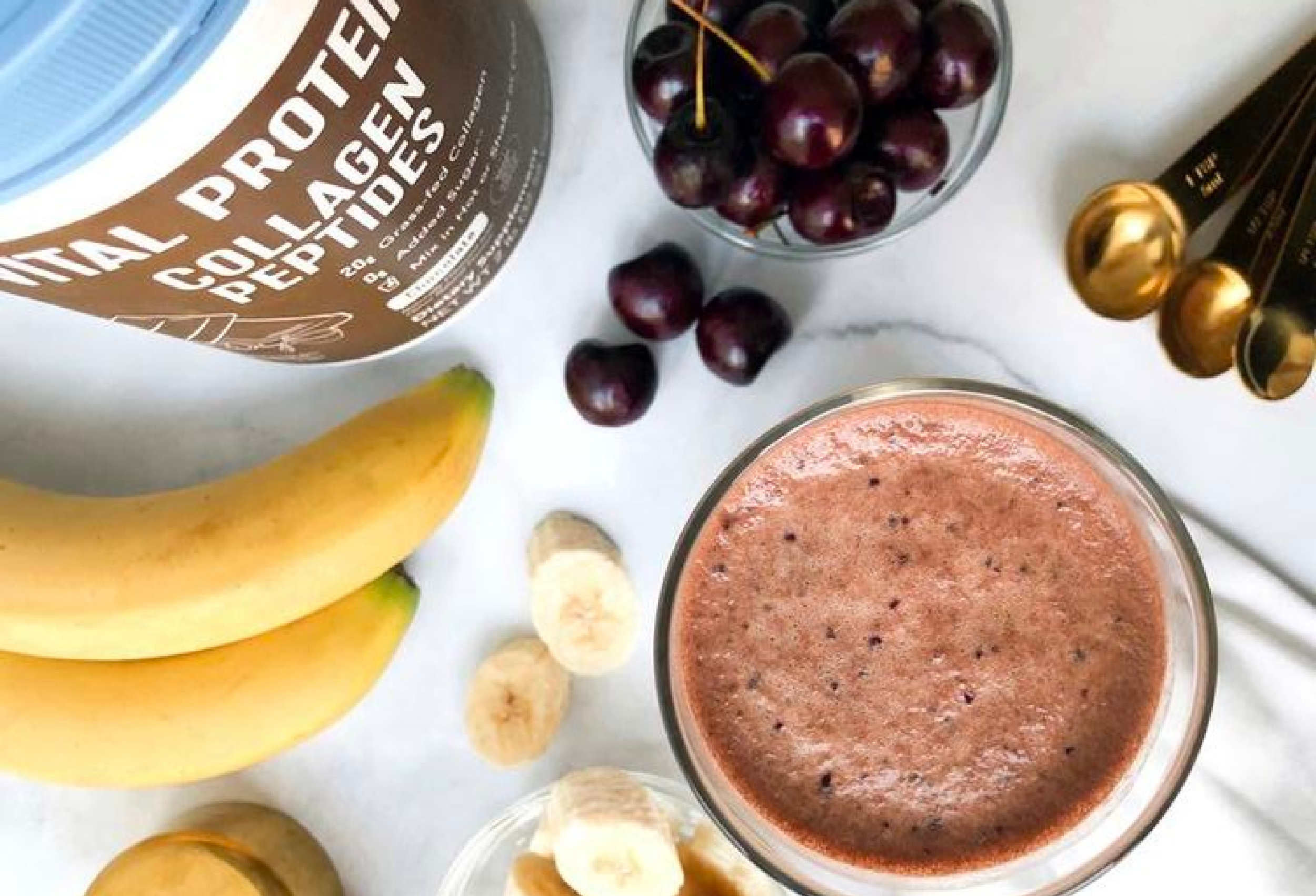11 Superfoods for Pregnant Women

Curious about what superfoods can do for you and your bump? Guest blogger Carla Jian, a personal trainer and holistic health coach based on Chicago, dishes on the best foods for a healthy baby and happy mama during pregnancy.

When I was first became pregnant, all the restrictions that came with a prenatal diet felt a little overwhelming—and a little scary. All of a sudden there was a list of foods I wasn’t allowed to eat because they could harm my baby. Then I was warned that since I was eating for two, I would have unstoppable cravings that could potentially make me gain so much weight that “getting my body back” would be impossible. It all seemed very dramatic, similar to how the movies make going into labor look like a crazy emergency—your water breaks instantly, you can’t stop screaming, and you have to be rushed to the hospital.
Eating during pregnancy shouldn’t be dramatic—it should be enjoyable and fun. As a holistic health coach, I guide my clients to eat intuitively and listen to their bodies, not get caught up in restrictive or extreme dieting, and to have a healthy relationship with food. (Expecting moms in their second and third trimesters will want to consume an average of 300-500 extra calories a day—that’s like an apple and almond butter.) So I of course applied the same mindful and enjoyable eating to my personal prenatal diet.
Below you’ll find a list of nutrient-dense foods rich in vitamins, minerals, lean protein, and healthy fats that I enjoyed and hope you do, too, for the health of you and your baby. Note: Every BODY is different, so always consult your doctor or midwife if you are curious about adding a new food or supplement.

Yogurt
Pregnant women need around 1,000 mg of calcium a day to keep their bones strong and help baby develop his own. Choose a high quality yogurt or Greek yogurt to reap the benefits of energy boosting lean protein and gut healthy probiotics. Skip yogurts with added sugar, and throw in your own fresh fruit, instead. (A great low sugar option is Siggi’s Nonfat Vanilla.)

Legumes
Legumes like black beans, peanuts, garbanzo beans, and lentils are a great source of fiber (to keep you regular) and lean protein—a key source of energy for expecting moms. Legumes are also full of iron (to help all that extra blood and oxygen flow to baby) and folate, a necessity during the first trimester to help prevent neural tube defects like spina bifida.

Dark leafy greens
With high amounts of disease-fighting antioxidants and vitamins like calcium, fiber, and folate, you’ll want every meal to have some sort of dark leafy green like kale, spinach, and broccoli in it. (You can get creative and add these to your smoothies, salads, soups, and sautés.)

Whole grains
Quality whole grains like brown rice, oats, and quinoa are great for keeping your energy levels up and reaching your fiber and protein quotas. (Carbs can also help settle your stomach if you’re battling nausea in that first trimester.)

Berries and dried fruit
To curb your sweet tooth, go for organic berries or dried fruits without added sugars. These are loaded with vitamin C and antioxidants, which can boost the immune system and trigger collagen production, an essential nutrient for smooth and supple skin.

Hydrating vegetables and fruits
Watery fruits and veggies (like cucumbers, tomatoes, bell peppers, watermelon, celery, oranges, and pineapples) also pack a number of antioxidants and are a great way to stay on top of hydration. (It’s recommended that pregnant women drink 10 cups of water a day—water’s essential as the body builds amniotic fluid and increases in blood volume during pregnancy. It can also help prevent nausea, reduce edema, and aid in digestion.)

Salmon
Low in mercury and high in omega-3 fatty acids, salmon is one of the easiest ways to boost your baby’s neurological and brain development. The lean protein can help expecting moms stay satisfied for longer, too.

Eggs
The choline in eggs is great for baby's brain development, and can reduce your risk of neutral tube defects that develop in the first trimester. Include the (fully cooked) yolk for the total nutritious punch of lean protein, iron, folate, and omega-3s.

Avocado
Dealing with leg cramps? Avocados are high in potassium which can help prevent the pesky pain some pregnant women get in their legs. They’ve also got a power combo of healthy fats, fiber, and folate for you and baby.

Nuts and seeds
Whether you are eating them on their own, in a trail mix, or on top of a salad, nuts and seeds are a great source of protein, calcium, omega-3s, zinc, and more. Pack them in your purse for an easy, portable nutrient-dense snack.

Collagen
All the women in my family experienced stretch marks, so I was surprised that I was able to avoid them. Our skin loses elasticity as our bellies grow, and while there’s nothing wrong with earning our beautiful stripes, taking a collagen supplement (my go-to is Vital Proteins) and staying hydrated may have helped me avoid them. (Be sure to consult your healthcare provider before taking any new supplement.)













